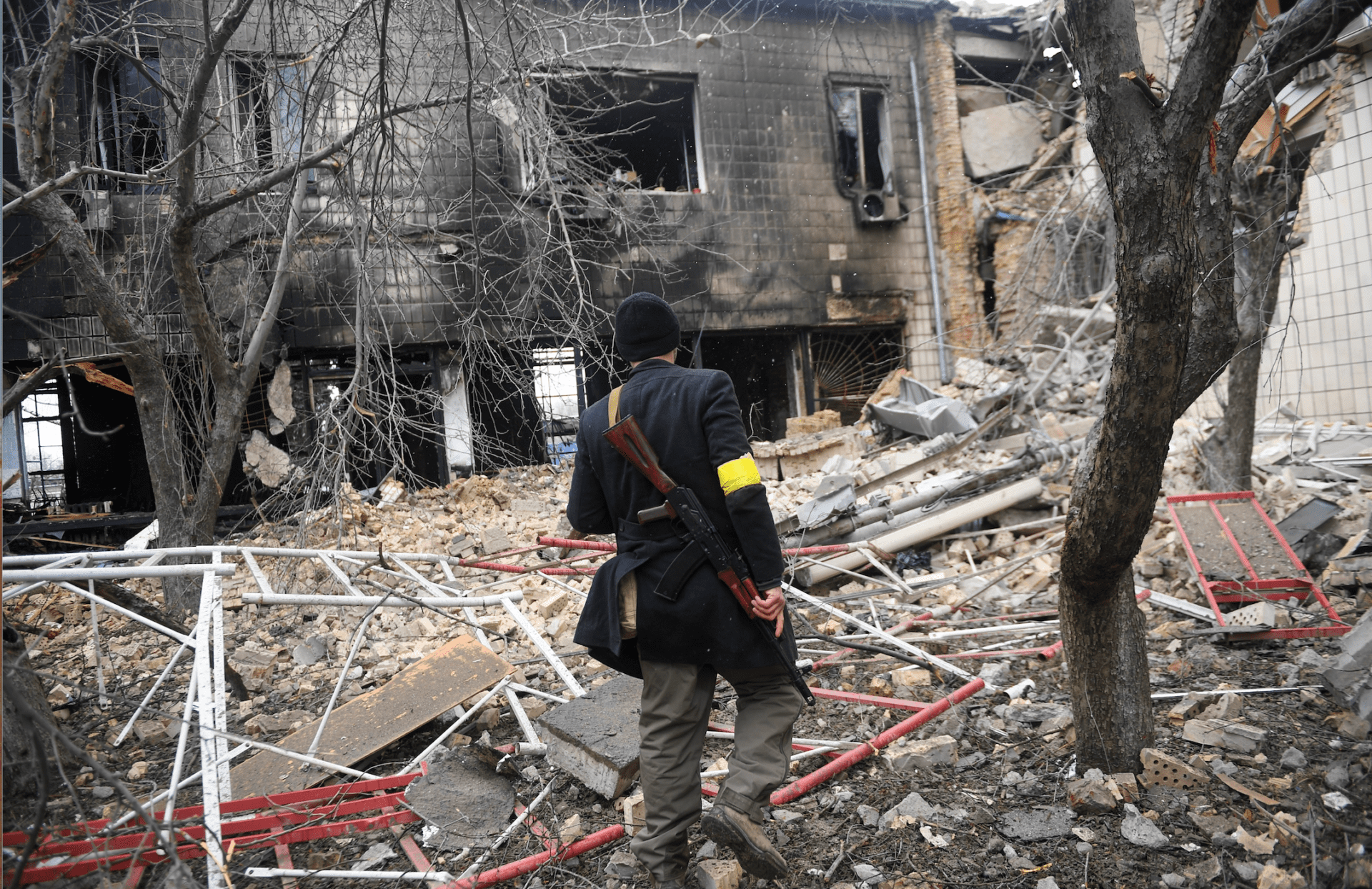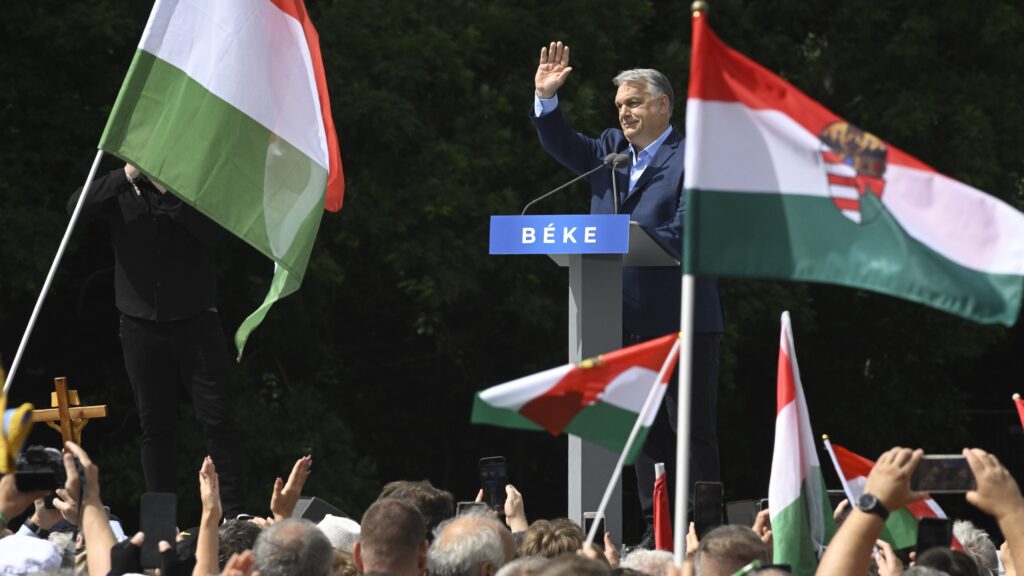There are a series of restrictions under international law regarding the behaviour of the hostile parties in a war. Violating some of these restrictions may be found to be a war crime if the case ever gets reviewed by a court. The restrictions include constraints on the weapons armies may use—for instance, the use of certain biological weapons and anti-personnel landmines is prohibited. Specifically targeting civilians or infrastructure that is vital for the civilians’ survival (e.g., hospitals, water and power supplies) is also forbidden under international law. Else than prohibiting certain actions, international law also requires the belligerents to take care of the wounded—including injured enemy soldiers. More serious crimes (such as murder and rape) may be classified as crimes against humanity, or even genocide—we have written about this question earlier, here.
Since the very beginning of the Ukrainian-Russian war there have been frequent news about war crimes committed by Russian soldiers.
Ukraine has accused Russia of as many as 48,000 possible war crimes since February. Just before they pulled out of Kherson, according to President Zelensky Russian troops committed 400 crimes in this city alone. The charges include claims of genocide (400 bodies in Bucha, and 450 bodies in Izium) as well as of other war crimes, for instance, targeting civilian infrastructure (for instance, the air strike on a theatre where refugee children were sheltered in Mariupol, and an assault on a hospital in the same southern Ukrainian city). The United Nations is also investigating war crimes in Ukraine: upon the request of the Human Rights Council, an ‘Independent International Commission of Inquiry on Ukraine’ was set up in March. The Commission also found evidence of Russian war crimes, for instance, the execution of civilians, signs of torture and targeting civilian infrastructure. Similarly, the International Criminal Court (ICC) is also investigating war crimes in Ukraine, but since Russia withdrew its signature from the agreement that had set up the ICC (as did the US), it is unlikely that Moscow will extradite Russian war crime suspects to enable a thorough investigation (Ukraine signed the treaty but never ratified it). Due to the parties’ unwillingness to cooperate with the ICC, prosecuting commanders at the top of the chain of command is difficult. Individual soldiers can be indicted, however, as Ukraine already did in the case Vadim Shishimarin.
While there seems to be plenty of evidence supporting war crime accusations against Russia, one must not forget that both sides may have engaged in unlawful violence during this war. The above-mentioned
UN Commission has found evidence of Russian prisoners of war being ill-treated by Ukrainian troops.
Earlier, Amnesty International also released a report that accused Ukraine of endangering its civilians, for instance, by basing Ukrainian armed forces in civilian buildings, which then made populated areas targets of Russian military action. Most recently, a video has been circulating on the internet where Ukrainian soldiers seem to have shot Russian servicemen dead from close range, after they were made lie on the ground (face down), unarmed, apparently after having surrendered. While Moscow argues that in the video Ukrainian soldiers are murdering unarmed Russian prisoners of war, Kyiv claims that Russian soldiers had only pretended to surrender to mislead the Ukrainian soldiers and then opened fire. Either of these scenarios can in fact be prosecuted as a war crime. While the video does show one Russian soldier opening fire, it also shows several other Russian servicemen lying face down on the ground, with no visible weapons on them. The video ends when the Russian soldier opens fire. Aerial photos of the courtyard where the incident happened show dead Russian soldier, shot in the head, in the exact position in which they were lying in the video. The Russian soldier who started to shoot at the Ukrainians also appears to be dead in the photos.
In short, just like in any other war, in the Russo-Ukrainian war most probably both sides have committed acts of unjustifiable violence. What needs to be considered, however, is whether the crimes are rare missteps, or rather a systemic mode of operation of the belligerents. In addition, the severity of the crimes must be pondered. In light of these considerations, as of now, evidence suggests that it is Russia that has committed more war crimes and of more severe nature.






